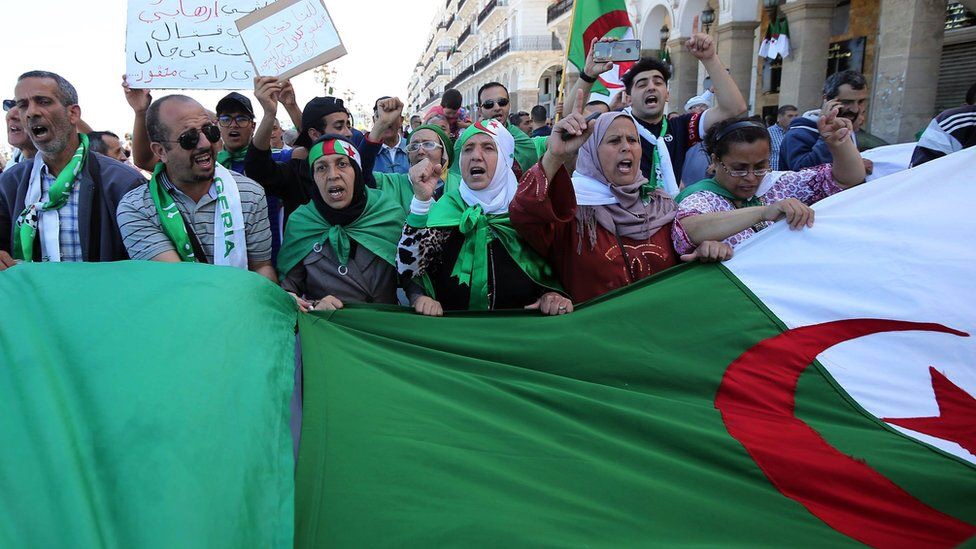Algeria’s first parliamentary election since the resignation of President Abdelaziz Bouteflika has been held amid mass calls for a boycott. Those choosing not to vote include the decentralised Hirak movement, who pushed against the former President in his attempt to stand for a fifth term.
This election has come after government crackdowns on the Hirak movement, including the arrest of seven leading figures. Such leaders include Ihsane El Kadi, director of a pro-reform radio station; Khaled Drareni, an independent journalist; and Karim Tabbou, who said ahead of their detention “Algeria’s youth is determined to fight for their right to a dignified life.”
Amnesty International reported that more than 200 people were in detention in connection with the Hirak movement, stating, “These arrests mark a chilling escalation in the Algerian authorities’ clampdown on the rights to freedom of expression and association.”
Algeria’s president Abdelmadjid Tebboune warned against “non-innocent activities [that] attempt to hinder the democratic process.” President Tebboune has previously held roles as minister for a variety of government departments while Bouteflika was President, as well as being Prime Minister from May to August 2017.
The boycott of the election was supported by opposition parties such as the Socialist Forces Front and the Rally for Culture and Democracy. The Kabylie region, where these parties are strongest, had a voting rate of almost zero in the previous two elections.
Two overseas groups that support the boycott have been labelled as “terrorist” by Algeria’s High Council of National Security. One is the Movement for the Autonomy of Kabylie, a separatist organisation based in Paris. The other is the Rachad movement, which claims to seek a non-violent regime change to a “rule of law, governed by democratic principles and good governance.”
The head of the Algerian League for the Defense of Human Rights, Said Salhi, argues the “repressive atmosphere and the restrictions placed on human rights and freedoms mean these elections have no democratic value.”
Yet, speaking in April, President Tebboune argued “Whatever the turnout is, the elections have to be fair and transparent so that those who deserve would win it.”
Algerian elections have previously seen disruption including the burning of ballot boxes and people being prevented from entering polling stations.
Philip English, is a member of the YCL’s Manchester Branch



